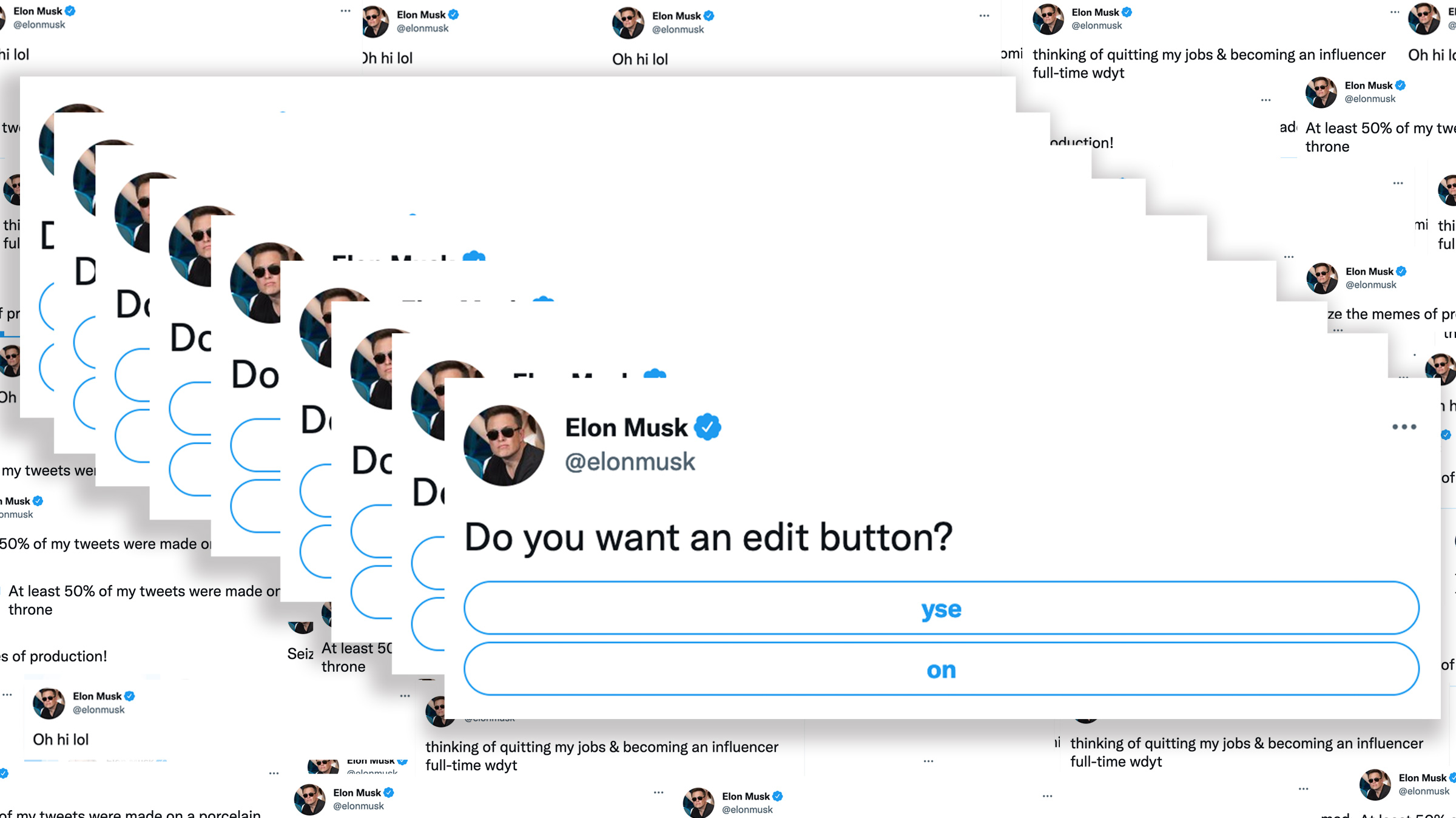In purchasing what is now the largest stake in the company, the Tesla boss and prolific shitposter also purchased jurisdiction in a field he is ill-equipped to advise on
Elon Musk’s accomplishments should not be underestimated. He is almost singularly responsible for making electric vehicles cool and desirable to otherwise gas-guzzling motor companies and their customers. The extent of his authority within the sphere of transportation is mostly justifiable. It seems, however, that his influence there has expanded enough to give him leverage over industries in which he has no relevant education or experience, but enough money to buy himself authority in.
Most recently, it was revealed that Musk is the largest shareholder at Twitter, with a 9.2% stake in the company. Musk undoubtedly has experience with social media platforms—mostly through shitposting, spreading misinformation, and illegally messing with markets. But it’s important to recognize that he has no real expertise in managing them.
It seems logical to suggest that everyone should have a say in contemporary debates about free speech—more simply put, there should be free speech about free speech. Musk has the same right as anyone to his opinions about where limitations should and should not be placed. That does not mean, however, that he should have control over how one of the world’s largest media platforms approaches it. He has essentially bought his way into influence that costs most people decades of work in a relevant industry.
Twitter shares jumped around 27% after Musk’s purchase was revealed, indicating that his leverage in the markets still holds as people trust, not necessarily his political opinions, but his ability to drive the monetary value of companies upward. Twitter said it will be offering the Tesla boss a spot on its board, a position he undoubtedly will use to the fullest extent of its power potential. The excess of wealth that his investment in Twitter has already produced has moral implications typical to passive conversations around the woes of capitalism. Aside from the obvious problems stemming from one man driving wealth disparities that compromise the standards of living for many, such singularities of affluence also comprise the alleged purpose of democracy that professes reasonable equality of jurisdiction in deciding how systems are run.







